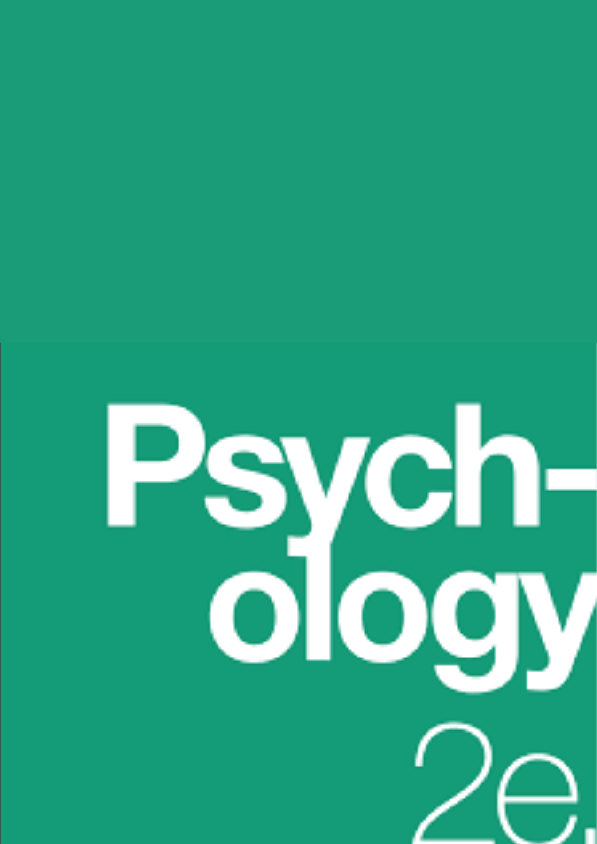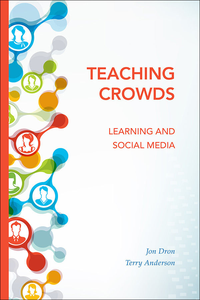Clive Wearing is an accomplished musician who lost his ability to form new memories when he became sick at the age of 46. While he can remember how to play the piano perfectly, he cannot remember what he ate for breakfast just an hour ago (Sacks, 2007). James Wannerton experiences a taste sensation that is associated with the sound of words. His former girlfriend’s name tastes like rhubarb (Mundasad, 2013). John Nash is a brilliant mathematician and Nobel Prize winner. However, while he was a professor at MIT, he would tell people that the New York Times contained coded messages from extraterrestrial beings that were intended for him. He also began to hear voices and became suspicious of the people around him. Soon thereafter, Nash was diagnosed with schizophrenia and admitted to a state-run mental institution (O’Connor & Robertson, 2002). Nash was the subject of the 2001 movie A Beautiful Mind. Why did these people have these experiences? How does the human brain work? And what is the connection between the brain’s internal processes and people’s external behaviors? This textbook will introduce you to various ways that the field of psychology has explored these questions.
What is creativity? Why do some people become homeless? What are prejudice and discrimination? What is consciousness? The field of psychology explores questions like these. Psychology refers to the scientific study of the mind and behavior. Psychologists use the scientific method to acquire knowledge. To apply the scientific method, a researcher with a question about how or why something happens will propose a tentative explanation, called a hypothesis, to explain the phenomenon. A hypothesis should fit into the context of a scientific theory, which is a broad explanation or group of explanations for some aspect of the natural world that is consistently supported by evidence over time. A theory is the best understanding we have of that part of the natural world. The researcher then makes observations or carries out an experiment to test the validity of the hypothesis. Those results are then published or presented at research conferences so that others can replicate or build on the results.
Scientists test that which is perceivable and measurable. For example, the hypothesis that a bird sings because it is happy is not a hypothesis that can be tested since we have no way to measure the happiness of a bird. We must ask a different question, perhaps about the brain state of the bird, since this can be measured. However, we can ask individuals about whether they sing because they are happy since they are able to tell us. Thus, psychological science is empirical, based on measurable data.
In general, science deals only with matter and energy, that is, those things that can be measured, and it cannot arrive at knowledge about values and morality. This is one reason why our scientific understanding of the mind is so limited, since thoughts, at least as we experience them, are neither matter nor energy. The scientific method is also a form of empiricism. An empirical method for acquiring knowledge is one based on observation, including experimentation, rather than a method based only on forms of logical argument or previous authorities.











